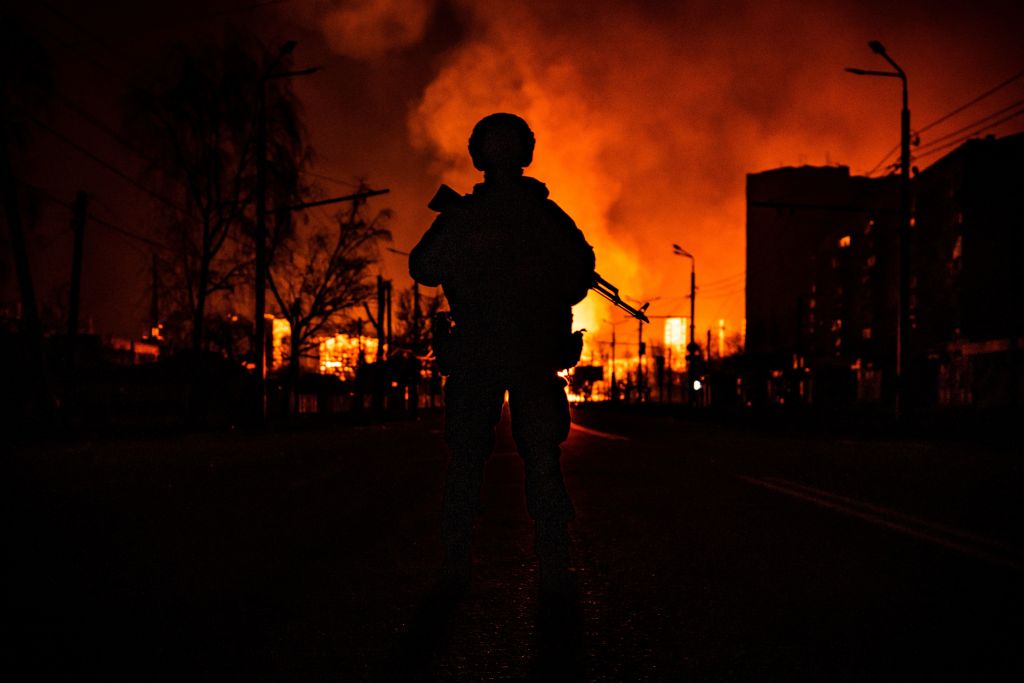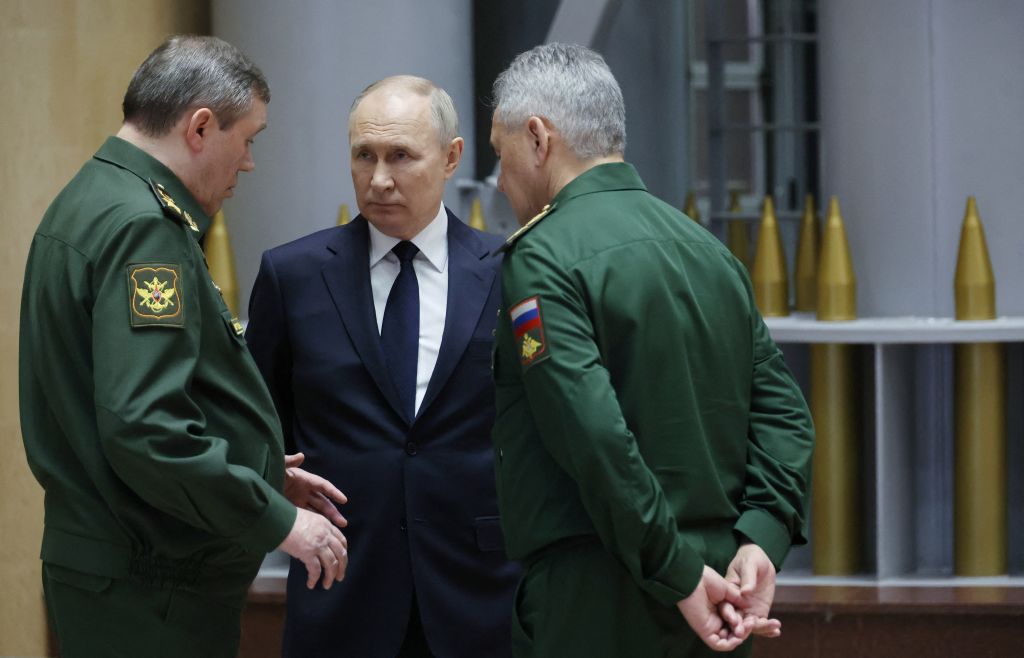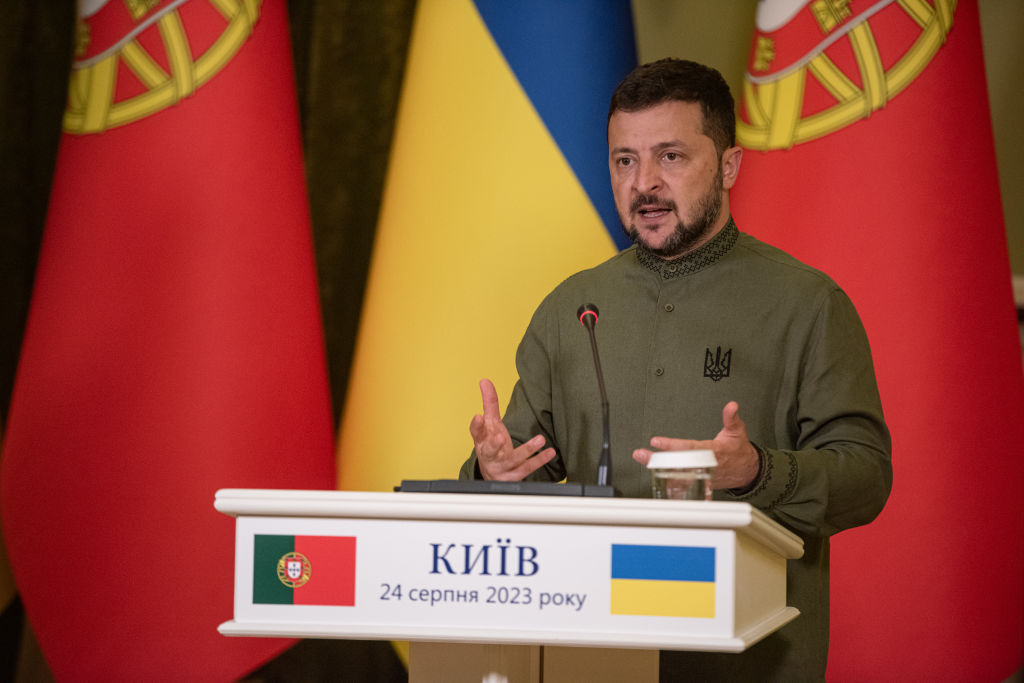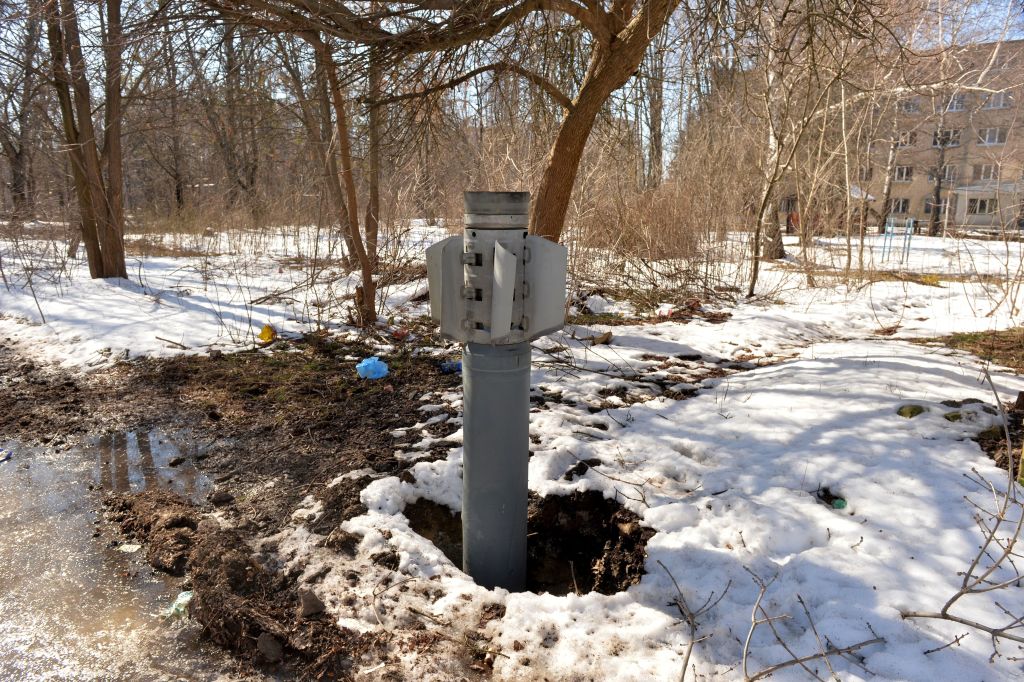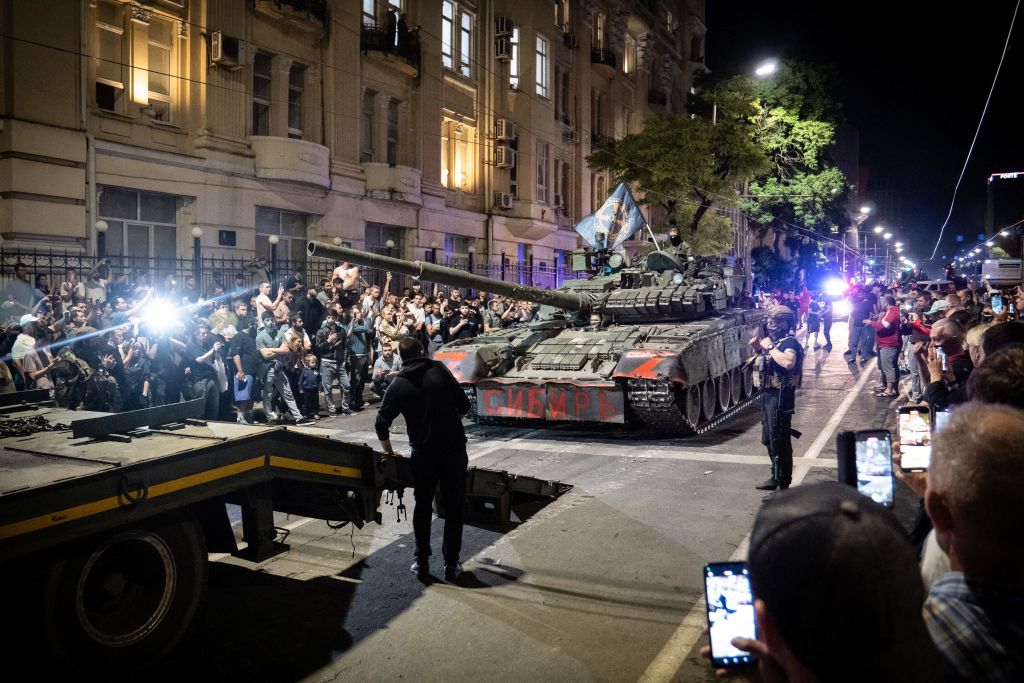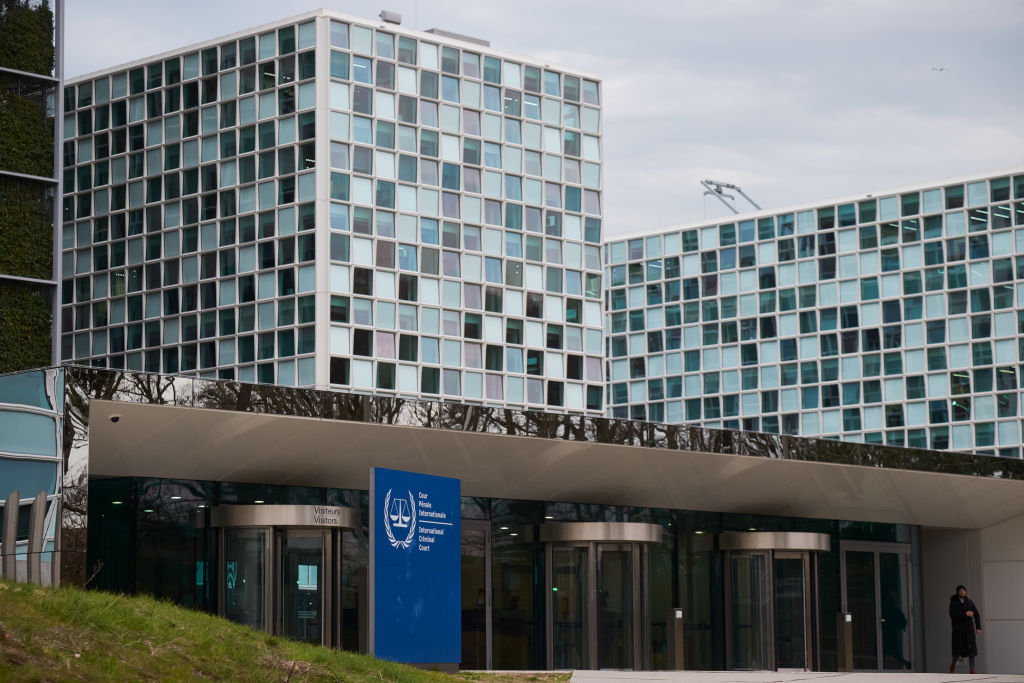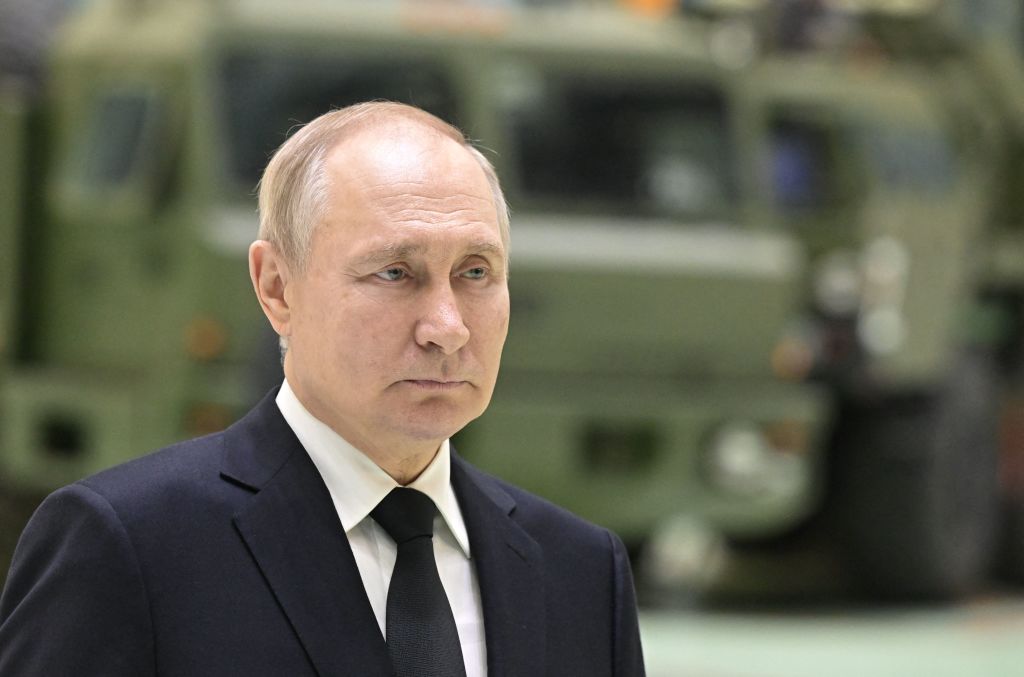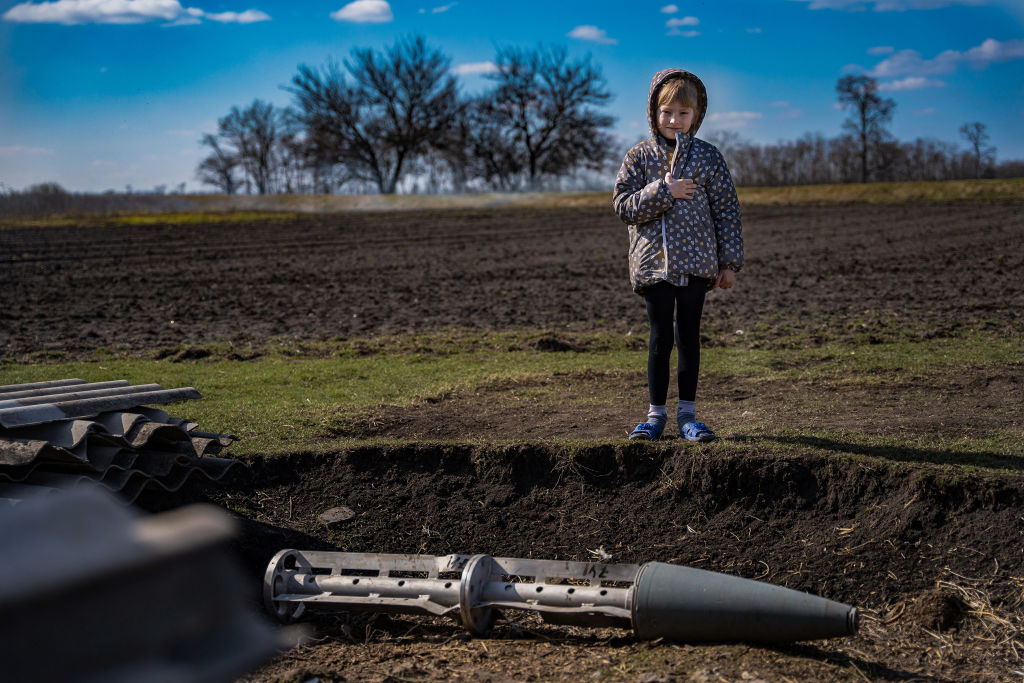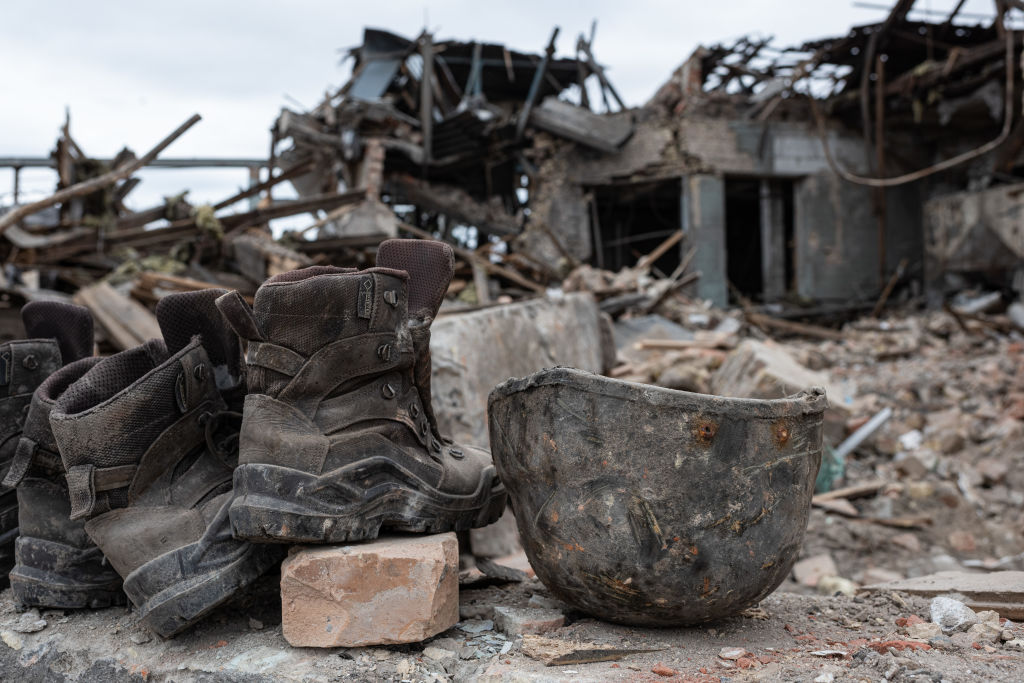Defining success in Ukraine

Three months ago, I wrote a column titled ‘Will Ukraine Survive?’ The answer (thankfully) for the next year is ‘yes,’ owing to Ukraine’s willingness to fight and sacrifice and the resumption of substantial US military aid.
At the same time, Russia has launched a new offensive in the northeast that threatens Kharkiv (Ukraine’s second-largest city), is girding for a protracted war, and has largely reconstituted its forces. This raises an important question: with the new tranche of aid in hand, what should Ukraine and its backers in the West seek to achieve? What should constitute success?
Some answer that success should be defined as Ukraine recovering all its lost territory, to re-establish its 1991 borders. US National Security Adviser Jake Sullivan has expressed the view that 2025 could be the time for Ukraine to once again mount a counter-offensive against Russian troops.
This would be a serious mistake. Don’t get me wrong: re-establishing rightful, legal borders would be highly desirable, demonstrating that aggression is not acceptable. But foreign policy must be doable as well as desirable, and Ukraine simply is not in a position to liberate Crimea and its eastern regions through military force.
The maths is unavoidable. Russia has too many soldiers and a wartime economy capable of producing large amounts of arms and ammunition. Despite sanctions, Russia has been able to ramp up its military-industrial base and has access to weaponry and ammunition produced in Iran and North Korea and to Chinese manufactured goods and technologies that contribute to the Kremlin’s war effort.
Another factor militating against a Ukraine effort to recapture its lands by force is that offensive operations tend to require much more in the way of manpower, equipment, and ammunition than do defensive efforts. This is especially so when defences have had the chance to build fortifications, as Russia has in much of the Ukrainian territory it occupies.
The likely result of Ukraine returning to the offensive would be a massive loss of soldiers, something the already short-handed Ukrainian military can ill afford. The limited military equipment and ammunition Ukraine has access to would be quickly depleted, in the process making it more difficult to defend areas currently under Ukraine’s control. A failed Ukrainian offensive would also give new talking points to those in Western capitals sceptical of providing any assistance to Ukraine, viewing such aid as wasteful.
What strategy, then, should Ukraine and its supporters pursue? First, Ukraine should emphasise the defensive, an approach that would allow it to husband its limited resources and frustrate Russia.
Second, Ukraine should be given the means (long-range strike capabilities) and the freedom to attack Russian forces anywhere in Ukraine, as well as Russian warships in the Black Sea and economic targets within Russia itself. Russia must come to feel the cost of a war it initiated and prolongs.
Third, Ukraine’s backers must commit to providing long-term military aid. The goal of all of the above is to signal to Russian President Vladimir Putin that time is not on Russia’s side and that he cannot hope to outlast Ukraine.
Ukraine and its supporters should do one more thing: propose an interim cease-fire agreement along existing lines.
Putin will likely reject such a proposal, but his doing so should make it less difficult to win debates in the United States over providing assistance to Ukraine, as it will expose Russia as the party responsible for the continuation of the war. It might even provide a context in which US military aid to Ukraine would continue should Donald Trump retake the presidency in November.
This combination of a shift to defence, deep strikes, continued Western military assistance, and a diplomatic effort that exposes Russia for the aggressor that it is might over time persuade Putin to accept an interim ceasefire. Under such an agreement, neither country would be asked to give up its long-term claims.
Ukraine could continue to seek the return of all its territory; Russia could continue to claim Ukraine has no right to exist as a sovereign state. Both sides could continue to rearm. Sanctions could remain in place. Ukraine could explore closer connections to both the European Union and NATO.
Ukraine would no doubt resist elements of this approach. But the US and Ukraine’s other supporters should insist on it. Ukraine cannot demand unconditional support any more than any other strategic partner. A renewed counter-offensive would fail while undermining Ukraine’s ability to defend itself. What Ukraine would gain from an interim ceasefire is an opportunity to begin rebuilding the country, as money and investment will not become available so long as the country remains an active war zone.
An interim ceasefire almost certainly would not lead to anything resembling peace, which will likely have to wait for the arrival of a Russian leadership that chooses to end the country’s pariah status. That might not happen for years or decades. In the meantime, though, Ukraine would be much better off than it would be if the war continued.
Such arrangements—non-permanent, less than formal peace—have worked well in other contexts, including on the Korean peninsula and in Cyprus. They do not represent solutions, but they are preferable to the alternatives. And even if Russia rejects any ceasefire, as could well prove to be the case, Ukraine would be better off with a military and diplomatic strategy that protects the country’s core, preserves its independence, and maintains external support. Ukraine’s friends ought to keep this in mind before they define success in a manner that sets the country up to fail.

